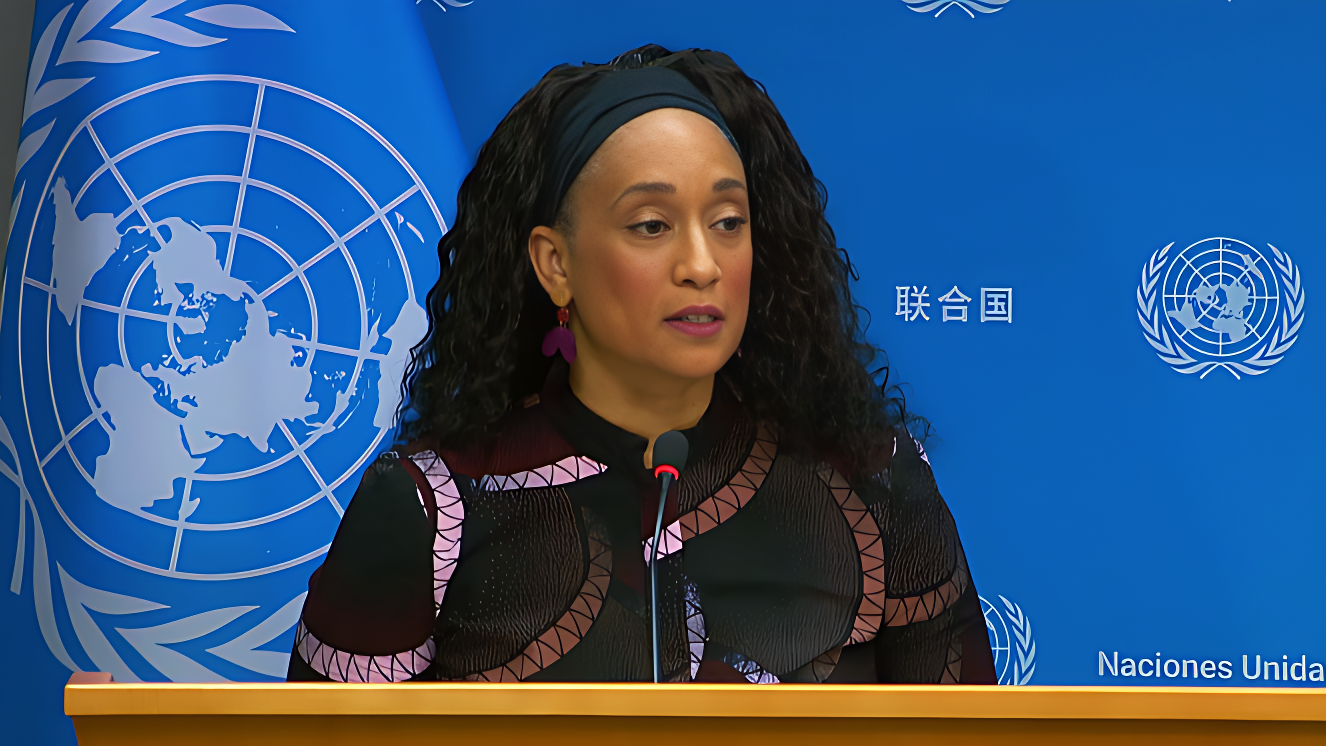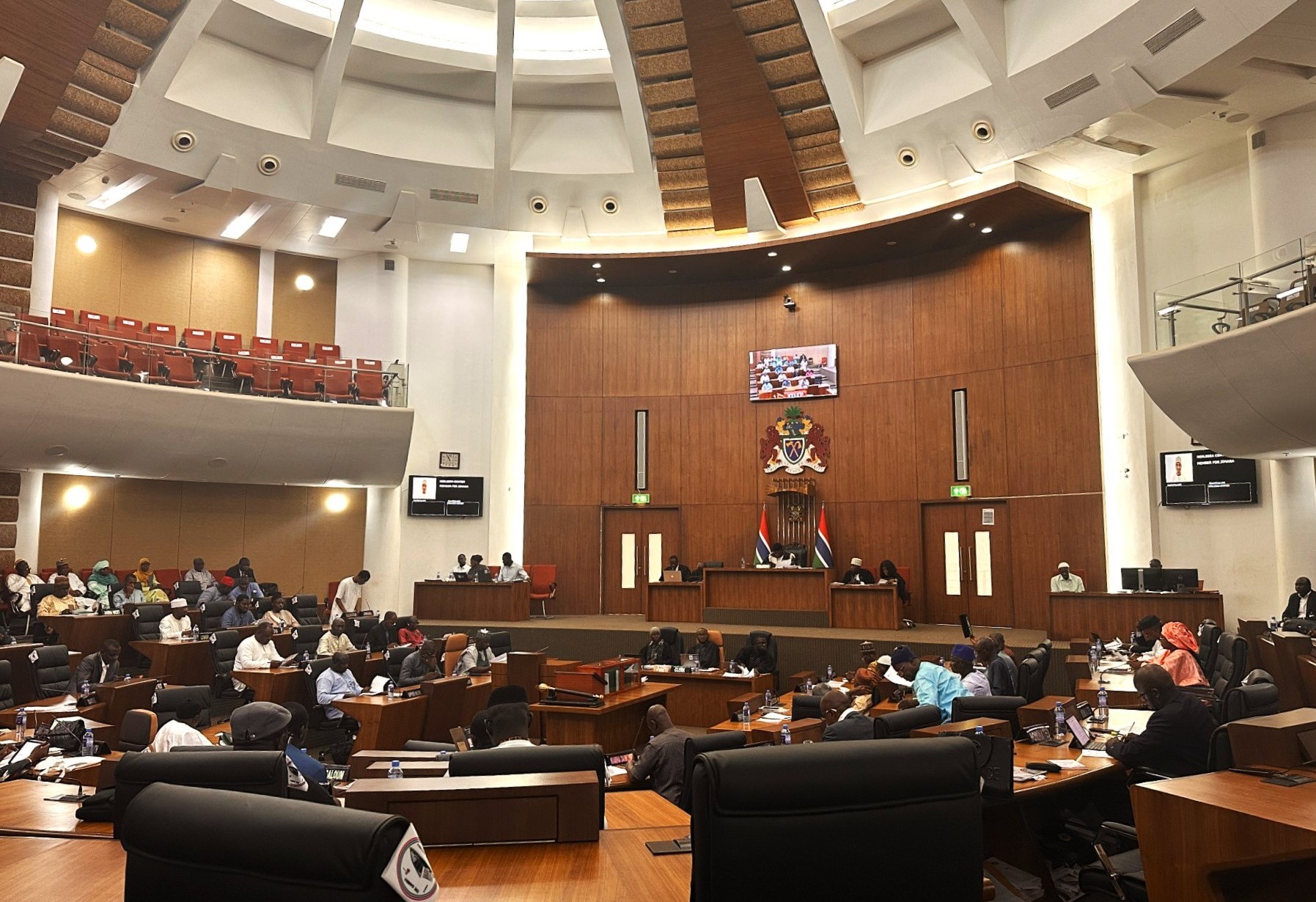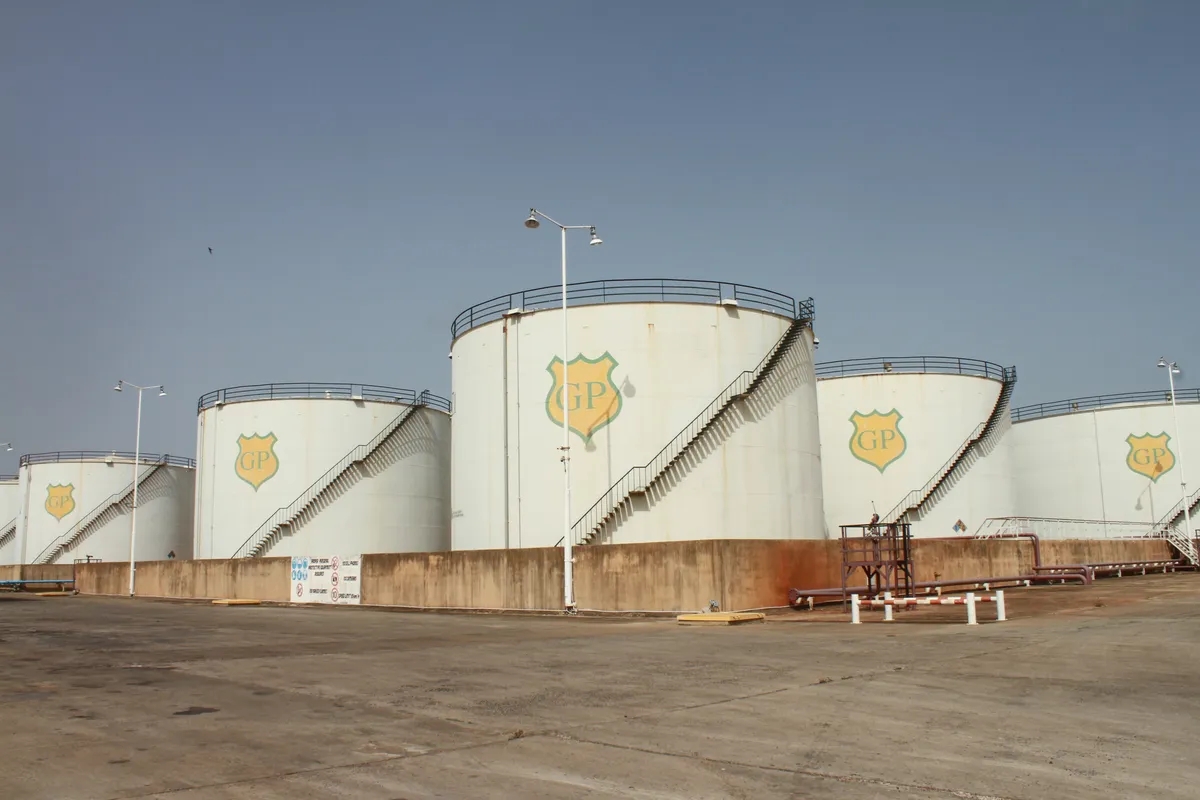Gambiaj.com – (BANJUL, The Gambia) – The Gambia’s Cabinet has approved a landmark policy shift requiring that all future energy projects undergo a competitive tender process, a move aimed at boosting private sector participation, enhancing transparency, and driving down costs in the sector.
The decision, taken at Cabinet’s 22nd meeting on Thursday, 28th August 2025, was announced by the Ministry of Petroleum, Energy, and Mines in a statement to the public.
The ministry described the move as a reflection of the government’s commitment to “transparency, accountability, and fair competition in the energy sector,” adding that it looks forward to collaboration with stakeholders in pursuit of reliable, affordable, and sustainable energy for the country.
Lessons From Recent Corruption Scandals?
This reform comes in the wake of controversies such as the Apogee Petroleum scandal, which drew sharp criticism over the opaque manner in which petroleum importation contracts were awarded.
The National Assembly investigated the case and found that former Petroleum Minister Abdoulie Jobe, now Minister of Tourism, and former Inspector General of Police Abdoulie Sanyang, now Interior Minister, had inappropriate conduct in granting a monopoly to Apogee FZC, the company at the heart of the scandal, whose owners face accusations of tax evasion, bribery, and money laundering.
The parliament further accused the two ministers of interfering with police investigations following the arrest of Aurimas Steiblys, the key suspect in the oil importation. Steiblys was detained briefly and later released without charges before reportedly fleeing the country.
That case, which involved questions about whether regulatory procedures had been bypassed, underscored how discretionary, closed-door arrangements in the sector often undermined public trust and exposed the state to financial and reputational risks.
By mandating competitive bidding, the government, although minimizing if not undermining the National Assembly findings and recommendations, is using a shortcut to answer calls for ending the long standing corrupt practices in the petroleum and energy sector.
The latest decision is signaling a clear break from government officials claiming everything is alright, creating a framework where contracts are awarded on merit and value rather than insider connections.
What This Means for Business, for Petroleum and Energy Actors
For private sector companies—both local and international—the policy signals a more level playing field. Previously, some energy contracts were awarded through direct negotiations or special arrangements, often criticized for favoritism.
With competitive tendering now mandatory, companies will have to bid openly for projects, ensuring that only the most technically and financially sound proposals win. This could encourage new entrants into the Gambian energy market, foster innovation, and improve investor confidence.
The decision to allow smaller firms or foreign investors to enter the petroleum and electricity sector in Gambian countries presents both opportunities and pressure.
This could lead to increased competition, improved efficiency, and competitive rates for operators. The decision also realigns the country’s shift towards sustainable power solutions. However, the long-term benefits include reduced costs and reduced corruption, boosting public trust in resource management.
If implemented effectively, the policy could accelerate electrification, stabilize supply, and lower electricity tariffs – long-standing concerns for ordinary Gambians and industry alike.
The announcement comes at a time when The Gambia faces mounting demand for reliable electricity to power its growing economy. By opening up energy projects to fair competition, the government is betting on private sector dynamism to bridge the infrastructure gap and ensure long-term sustainability.










